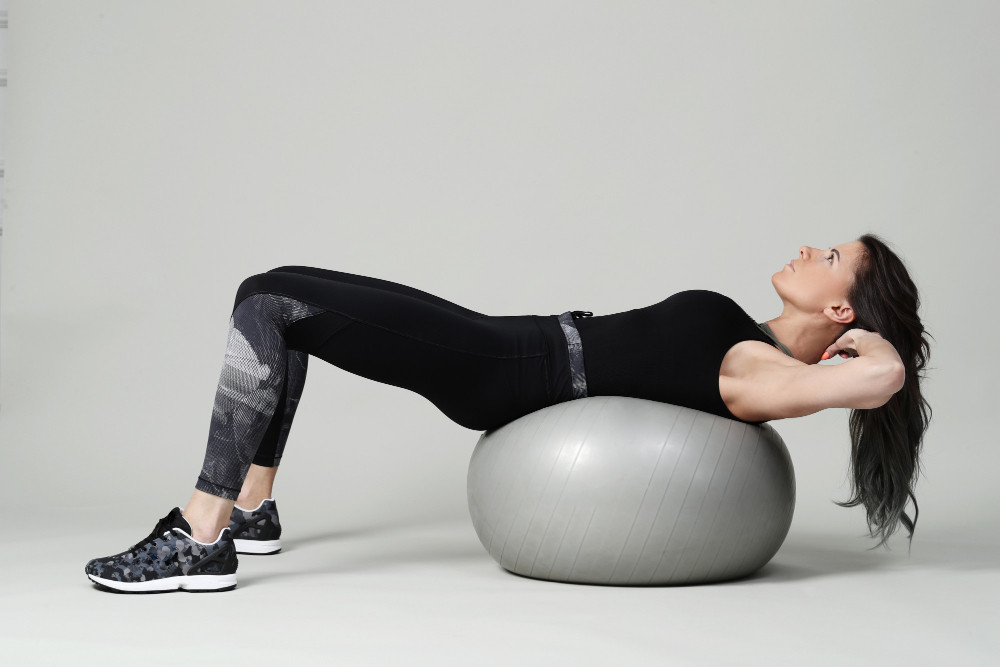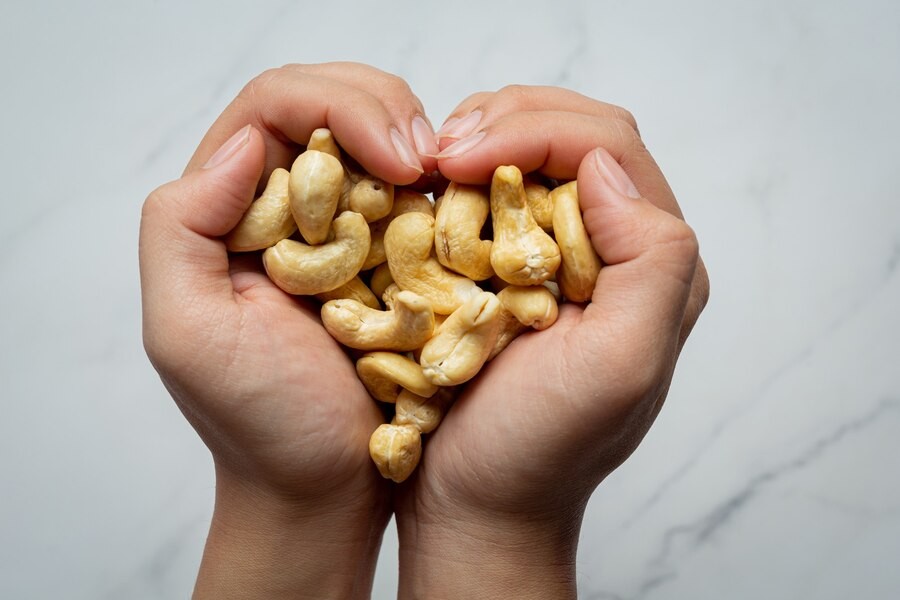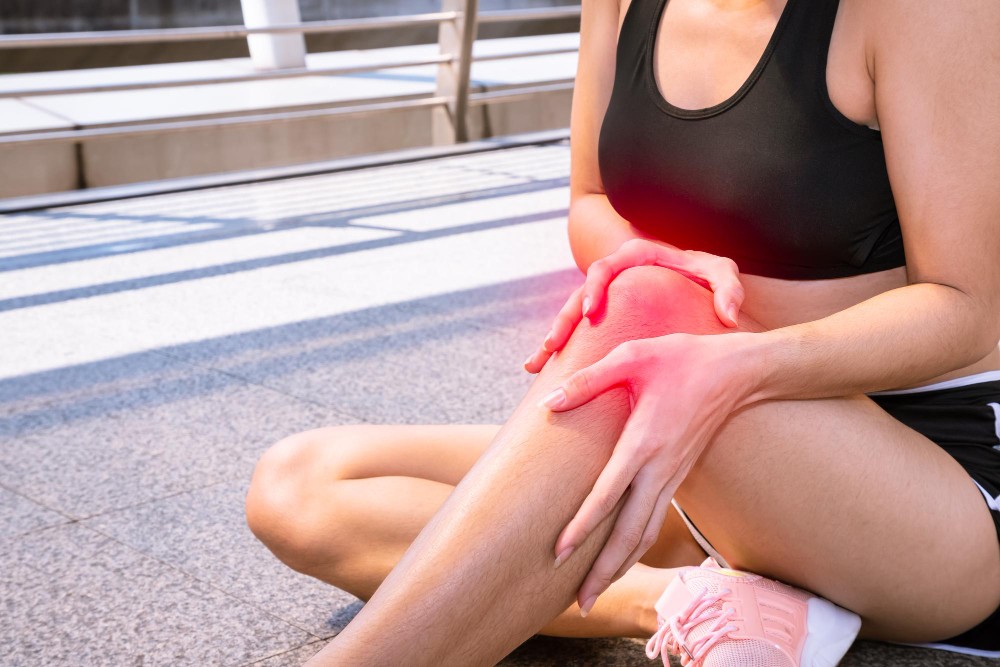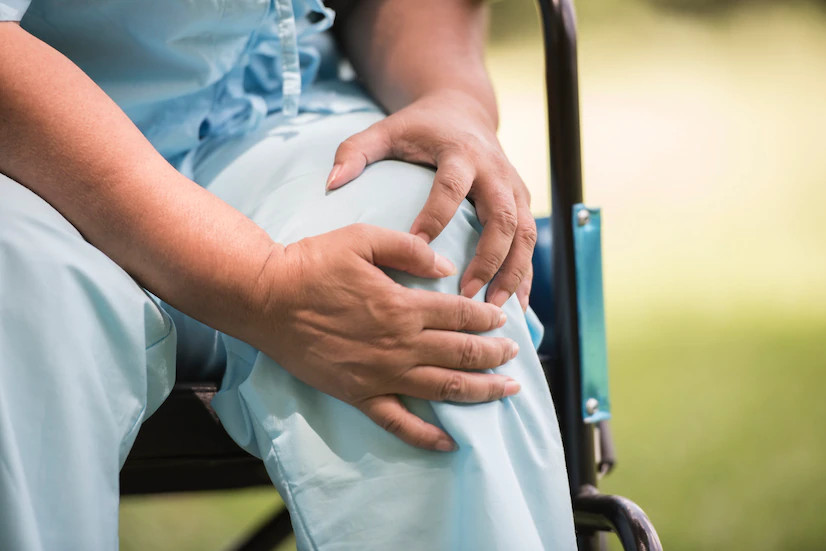Rheumatoid arthritis adalah penyakit autoimun yang menyerang radang sendi. Pengidap rheumatoid arthritis dapat merasakan sendi kaku atau nyeri sendi yang dapat mengganggu aktivitas sehari-hari. Olahraga rutin dapat membantu mengurangi rasa nyeri sendi yang muncul, termasuk olahraga menggunakan gym ball.
Gerakan Latihan dengan Gym Ball untuk Pengidap Rheumatoid Arthritis
Anda mungkin sudah familiar dengan gym ball atau yang juga dikenal dengan nama lain exercise ball atau fitnes ball. Bola ini merupakan bola sederhana berisi udara yang banyak digunakan untuk olahraga dan terapi fisik.
Saat ini gym ball ini banyak dijumpai di pusat kebugaran, tempat fisioterapi, studio yoga atau pilates hingga tempat latihan senam hamil. Bola kebugaran tersedia dalam berbagai ukuran yang bisa disesuaikan dengan tinggi badan Anda, namun di pasaran umumnya tersedia mulai ukuran diameter 45-75 cm.
Baca Juga: Apa itu Penyakit Rheumatoid Arthritis, Ketahui Gejala dan Penyebabnya
Gym ball menjadi alat latihan yang baik karena permukaannya tidak stabil sehingga menyebabkan Anda menggunakan lebih banyak otot saat olahraga. Latihan dengan gym ball akan memperkuat otot kecil yang membantu menstabilkan persendian dan menjaga keseimbangan.
Belum banyak studi yang meneliti manfaat latihan kekuatan dengan gym ball bagi pengidap arthritis, namun sejumlah penelitian kecil menunjukkan adanya hubungan positif. Dalam sebuah penelitian yang dilakukan pada 60 orang dengan ankylosing spondylitis menunjukkan latihan dengan gym ball dua kali seminggu selama empat bulan meningkatkan kekuatan otot dan kinerja berjalan lebih dari kelompok kontrol.
Dalam penelitian lain terhadap 60 orang penderita fibromyalgia, latihan kekuatan dengan gym ball dapat meredakan rasa sakit, meningkatkan kualitas hidup dan kekuatan otot, jika dibandingkan dengan latihan peregangan. Pada penelitian lain yang dilakukan pada 36 orang dewasa muda yang sehat mengungkapkan bahwa latihan keseimbangan dengan gym ball dapat meningkatkan keseimbangan statis dan dinamis otot mereka.
Baca Juga: Makanan yang Perlu Dihindari Penderita Arthritis (Radang Sendi)
Beberapa gerakan latihan gym ball yang bisa dilakukan pengidap rheumatoid arthritis, antara lain:
Posisi 1: Duduk di Bola kebugaran
Duduk di gym ball dapat membantu melatih kekuatan perut dan inti tubuh Anda. Untuk melakukan ini, berdirilah dengan bola di lantai sedikit di belakang kaki dan kaki dibuka selebar pinggul. Kencangkan otot perut dan mulailah menekuk lutut. Jaga agar pantat tetap berada di tengah bola dengan kaki rata di lantai.
Posisi 2: Latihan dada
Letakkan bola di lantai, posisikan tubuh menghadap bola, lalu tekuk kaki ke bawah seperti posisi push up dengan kaki lurus ke belakang. Letakkan tangan di atas bola sambil menggulingkannya ke depan secara perlahan, sehingga dada Anda bergerak ke depan saat lutut terangkat dari lantai. Berhentilah saat perut dan dada bagian bawah berada di atas bola. Jaga kaki Anda tetap di lantai.
Lepaskan tangan dan geser lengan Anda ke arah pinggul. Dengan telapak tangan menghadap ke bawah, tarik bahu Anda ke arah satu sama lain. Tahan selama beberapa detik dan lepaskan. Ulangi empat atau lima kali. Untuk turun, letakkan tangan Anda dengan kuat di atas bola, dorong pinggul kembali ke atas kaki Anda, dan berdiri.
Posisi 3: Latihan punggung
Letakkan tangan Anda di atas bola di pinggul dan bersandar perlahan. Saat posisi sudah stabil, gerakkan kaki Anda ke depan hingga punggung bertumpu pada bola. Jaga agar kaki Anda tetap di lantai, tekan tumit ke bawah untuk menjaga pinggul tetap tinggi dan gunakan otot perut untuk menjaga kepala dan tubuh tetap sejajar.
Pengidap rheumatoid arthritis perlu melakukan olahraga yang melatih keseimbangan otot dan kekuatan persendian. Latihan dengan gym ball dapat membantu keseimbangan dan kekuatan inti tubuh yang akan menguatkan persendian dan meredakan rasa nyeri. Jika memiliki pertanyaan seputar kesehatan, Anda bisa konsultasi ke dokter atau manfaatkan fitur konsultasi pada aplikasi Ai Care.
Mau tahu tips dan trik kesehatan, pertolongan pertama, dan home remedies lainnya? Cek di sini, ya!
- dr. Monica Salim
Landau, M. (2024). Fitness Balls for Rheumatoid Arthritis-Friendly Workouts: What to Know. Available from: https://www.everydayhealth.com/rheumatoid-arthritis/living-with/fitness-balls-ra-friendly-workouts/
WebMD: RA Exercises That Are Easy on Your Joints. Available from: https://www.webmd.com/rheumatoid-arthritis/ss/slideshow-ra-exercises
Arthritis Foundation. Best Exercises for Rheumatoid Arthritis. Available from: https://www.arthritis.org/health-wellness/healthy-living/physical-activity/other-activities/best-exercises-for-rheumatoid-arthritis
Mayo Clinic. Rheumatoid arthritis: Is exercise important?. Available from: https://www.mayoclinic.org/diseases-conditions/rheumatoid-arthritis/in-depth/rheumatoid-arthritis-exercise/art-20096222#
Harvard HEalth Publishing. Exercise can ease rheumatoid arthritis pain. Available from: https://www.health.harvard.edu/pain/exercise-can-ease-rheumatoid-arthritis-pain
Riccio, D. (2023). 5 Exercises to Do on an Exercise Ball—from Easy to Advanced. Available from: https://www.sports-health.com/blog/5-exercises-do-exercise-ball-easy-advanced











